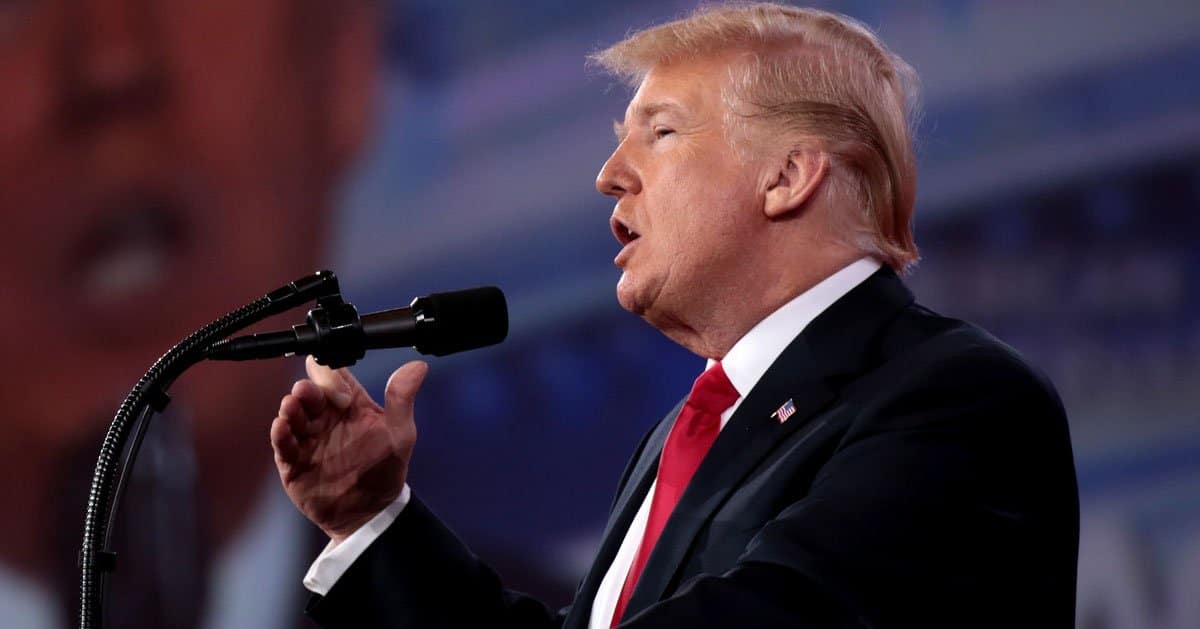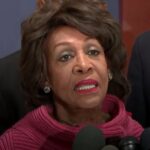






Thousands are marching in Washington, D.C., dressed as inflatable chickens and dinosaurs, chanting against what they call authoritarian overreach.
Fox News reported that last weekend, the "No Kings" protests erupted in the nation's capital and across the country, drawing crowds to decry President Donald Trump’s perceived "kingship" and heavy-handed governance.
From Pennsylvania Avenue in D.C. to War Memorial Drive near Peoria Stadium and Government Plaza in Tuscaloosa, Alabama, the demonstrations were a colorful affair.
Protesters donned inflatable costumes—think axolotls, elephants, pigs, and T. rex—to grab attention without crossing into violence.
This quirky strategy, borrowed from earlier protests in Portland, Oregon, against federal immigration enforcement, was on full display with participants like Louise Stark and Ken Hughes in axolotl suits, Dr. Jeanine Standard as a chicken, Kim Armstrong as an elephant, and Claudia Schultz as a pig.
Schultz told the Miami Herald, “They want us to be violent. You can’t get any less violent than this.” Well, she’s right about the optics—hard to look threatening waddling around as a farm animal—but one wonders if the message gets lost in the carnival vibe.
Research from American University, first reported by Axios, paints a narrow picture of the typical D.C. protester: an educated White woman in her 40s, rallied by friends or social media.
This demographic skew isn’t surprising in today’s hyper-connected, progressive-leaning circles, but it does raise questions about the movement’s broader appeal.
If the goal is to challenge perceived authoritarianism, shouldn’t the crowd reflect a wider swath of America’s fabric, not just one slice of it?
Psychotherapist Jonathan Alpert offered insight to Fox News Digital, saying, “What we’re seeing is a kind of group therapy playing out in the streets.”
He added, “People are craving community, and this gives them a place to channel that. They’re surrounded by others who validate how they feel, and that validation can be addictive.” While it’s touching to see folks seeking connection, Alpert’s point stings—feeling good in a crowd doesn’t automatically translate to policy shifts.
Let’s be real: venting frustrations in a costume might soothe the soul, but it’s a far cry from the gritty work of legislative reform or coalition-building.
Not all was playful, though—an unsettling incident emerged when a man in an inflatable Trump costume was reportedly attacked on camera at a rally in a blue state, per police reports.
Such flare-ups undermine the nonviolent ethos these protests claim to champion, revealing how quickly emotions can boil over even in a sea of goofy outfits.
While the "No Kings" movement seeks to spotlight concerns over executive power, it’s worth asking if these spectacles are uniting or just further polarizing an already divided nation. The costumes and camaraderie might draw clicks and chuckles, but real dialogue requires more than just dressing up dissent.

